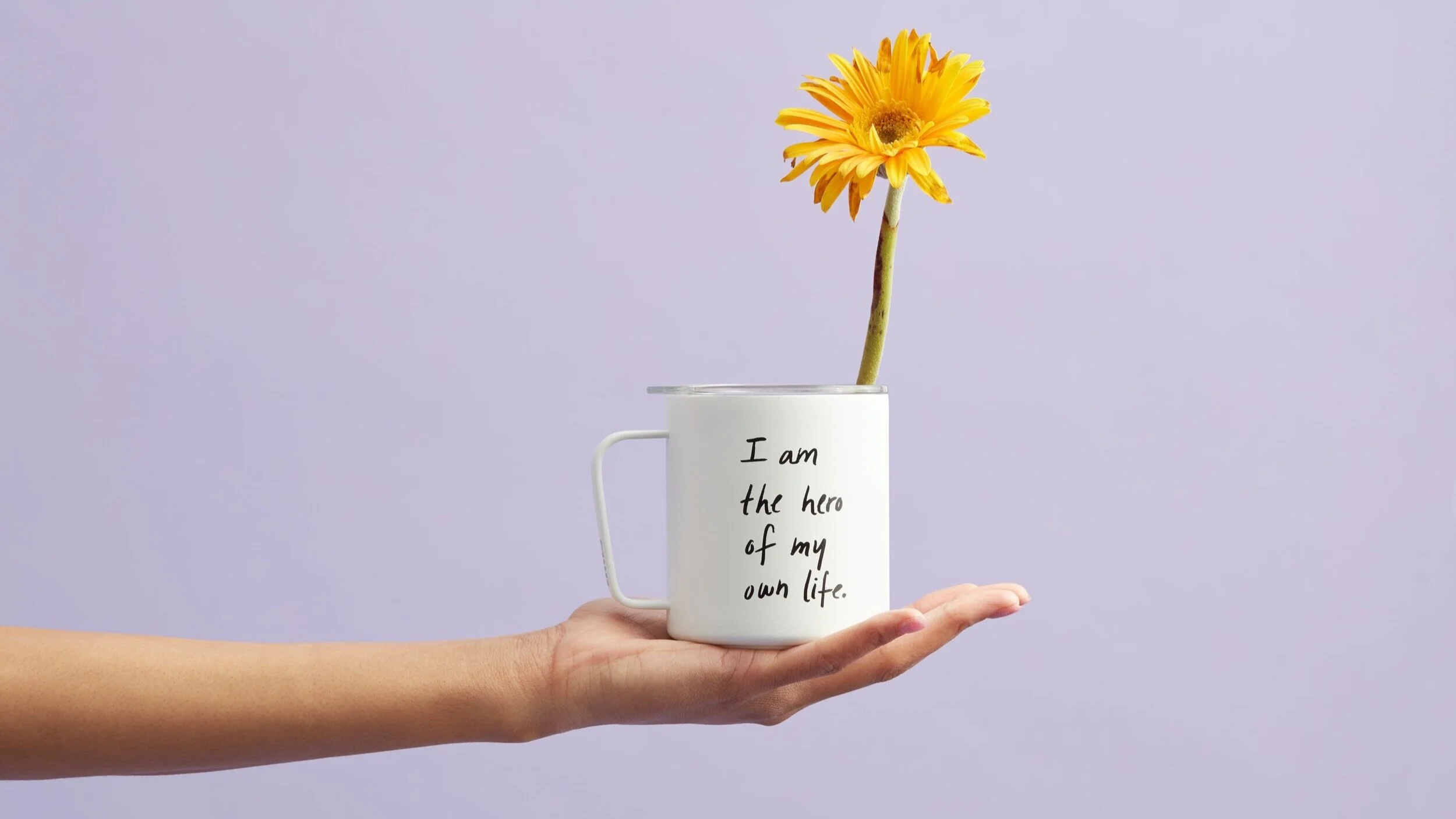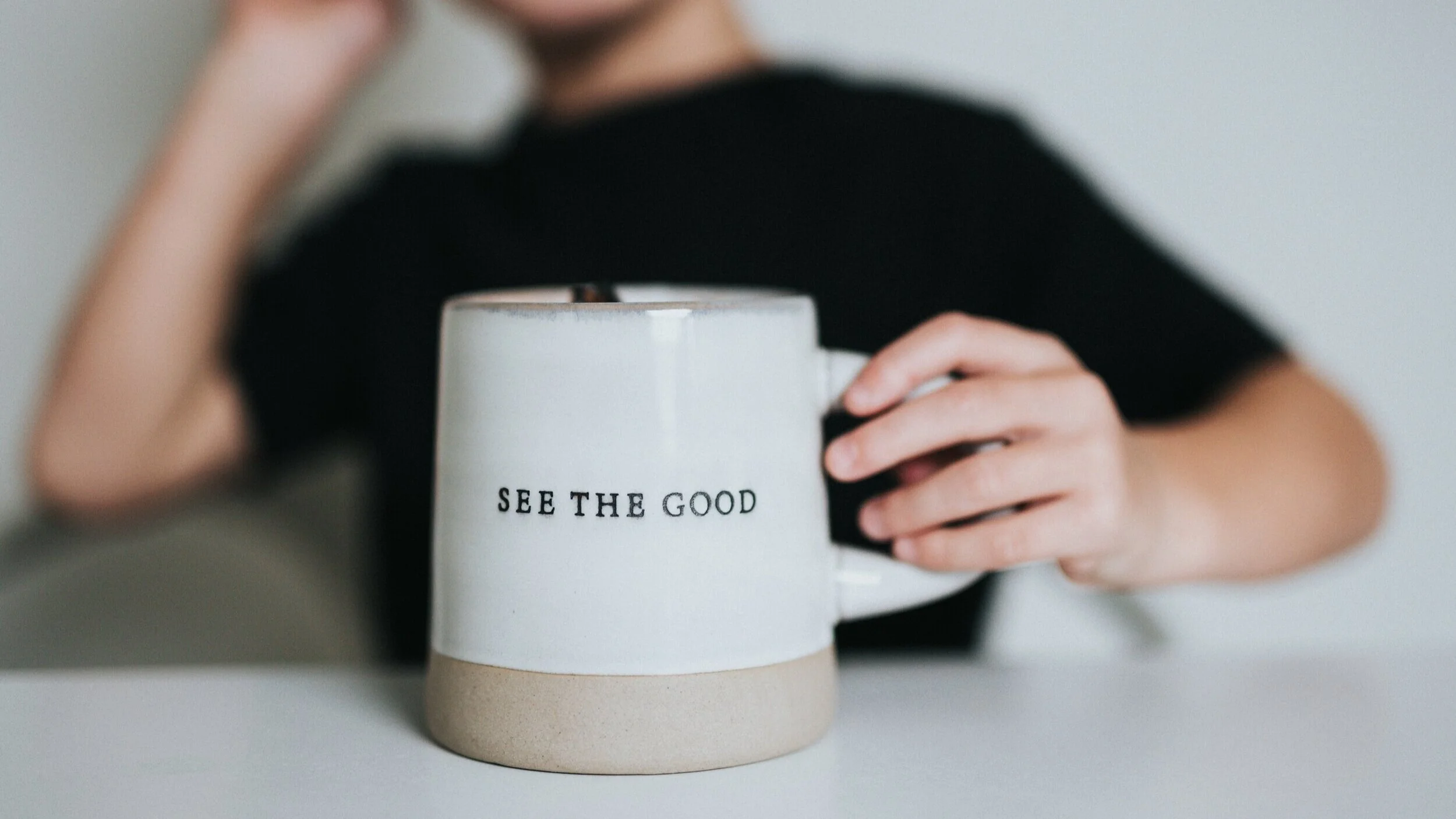Retraining Your Mind to Stop Comparing Yourself to Others
In a world where social media is a primary way of communication and a major platform for influencers and brands, it is natural for people to scroll through their Instagram numerous times a day or update their Snapchat friends on their whereabouts. We receive instant gratification when checking our likes and comments on our latest post, which makes it hard to refrain from scrolling through our feeds. However, we must ask ourselves if temporary gratification from these media platforms outweighs the potentially negative consequences. This article will define “the comparison trap” and suggest ways in which we can avoid falling too deeply into this trap. With the push of a couple of notification “off” buttons, we can disengage from society’s unrealistic standards and take control over our self-perspective so that we can each improve ourselves and embrace our own individualities.
The Toxicity of The Comparison Trap
Even the most content and self-aware ones among us may evaluate oneself based on the achievements or appearances of people around us. Comparing ourselves is a natural reaction, but social media can amp up feelings such as jealousy and insecurity. This phenomenon is referred to as “the comparison trap.” Falling into this trap can alter our self-perception, as it causes our use to assess ourselves through comparison with an unrealistic perception of the people we follow. As young adults, we are in a developmental period during which peer contact is a large part of our day-to-day. Now, with the access to constant communication with hundreds of people through social media, the impact that peer groups can have on one’s development has skyrocketed.
We must consider the harm that the numerous trending social media platforms can have on our relationship with ourselves—specifically, the resulting effects on our mental health. A 2018 psychological study found evidence for a positive correlation between technology-based social comparison and feedback-seeking. This study observed a positive correlation between social media and depressive symptoms. The authors emphasize that as younger people portray the ideal versions of themselves online, self-focus is heightened, increasing feedback-seeking and social comparison. [2] In the public eye, people tend to only demonstrate their greatest accomplishments and happiest moments. Social media has the power to distort our view of reality, and this can be destructive to our confidence and relationships, especially when many of us spend hours each day consuming this highly idealized content. We can easily lose sight of our ability to validate ourselves and seek happiness in the present. Our desire to meet friends and family in-person also decreases. [1]
The plethora of information and media that exists in our society can cause many of us to feel insecure about our appearances and successes. It is extremely easy to compare our day-to-day lives to someone else’s highlight reel; In reality, everyone is on their own journeys. We cannot measure the progress in our own lives by using someone else’s ruler to measure our success. When comparing ourselves to the picture-perfect, “post-worthy” update from the hundreds of friends, colleagues, and influencers we follow, it is difficult to feel proud of our accomplishments. The resulting increased insecurity could result in a downward spiral and worsen the mental state of someone already experiencing low self-esteem. [2]
How do we prevent ourselves from falling into this “comparison trap”?
In other words, what changes can we make to best resist the negative effects of comparison through social media? By filtering feeds, the information and images we view can instead support our individual development and foster increased self-esteem. Habits of scrolling through social media feeds and comparing ourselves are hard to break, but the struggle is worth increasing our individual happiness.
Here are some quick and easy actions that we can take to make drastic positive changes in our mental health and self-esteem/ Turn off notifications to simply minimize time spent concerned with others’ content and with your own.
Consider utilizing the “mute” function on Instagram, which can mute posts or Instagram stories without unfollowing a friend.
Filter your feed;.
Only follow the Snapchat and Instagram influencers that make you feel inspired and uplifted. CHOOSE who and what you spend your brainpower on.
Positive affirmations
One way to influence our beliefs about ourselves is by repeating affirmations. We must all remind ourselves that we are worthy without the approval of others, so that we can take on any day feeling empowered and confident.
There are many ways to practice self-affirmation. Journal words of empowerment, send yourself a love-letter, write mirror messages to yourself—statements on your power and beauty can serve as reminders of your unique greatness each time you look in the mirror.
Get rid of negative self-talk and remember your small wins
When you find yourself focusing on your losses and feeling down about yourself, allow yourself the time to experience these moments of sadness or negativity, but be sure to remind yourself of where you have shown strength as well. Remember: your win is a win; there is no such thing as a small win.
Write down 3 things you take pride in each day. This will allow you to continue to recognize your strengths, rather than focusing on moments of self-perceived weakness.
Practice self-compassion by engaging in self-care — Fill the last hour of your night with the following activities instead of scrolling through your feed. [3]
Practice gratitude by simply writing down 5 things you are grateful for (I highly recommend the Five Minute Journal!)
Make time for creative activities: drawling, painting, creating a music playlist, dancing, etc.
Take care of your skin
Take a bath
Clean your bedroom and redecorate it in a way that demonstrates your unique style.
Putting the negative aspects of social media aside, positive social contagion through social media is possible only if we are able to filter our feeds so that the content we see builds up our mood and confidence. Participation in social media, if kept within healthy limits, can enable us to positively express our individuality and view uplifting content that supports our journey. In order to limit our activity of social media and/or our overall screen time, we must designate a portion of our day to a self care activity of choice (drawing, listening to music, taking a bath, practicing a yoga routine, etc.). I challenge each of us to schedule an hour of activities that will allow us to disconnect from technology into our everyday routine. If we can be mindful of the content we consume and the time we spend on social media, we can transform our self-perception and quality of our day-to-day lives. We will increasingly be able to value in-person socialization and our self-confidence such that we may express ourselves most authentically.
References
“The Comparison Trap.” Psychology Today. (2017).
“Using Social Media for Social Comparison and Feedback-Seeking: Gender and Popularity Moderate Associations with Depressive Symptoms.” Journal of Abnorm Child Psychol. (2015).
“4 Reasons Self-Care Increases Your Confidence.” The Authentic Girl. (2019).








